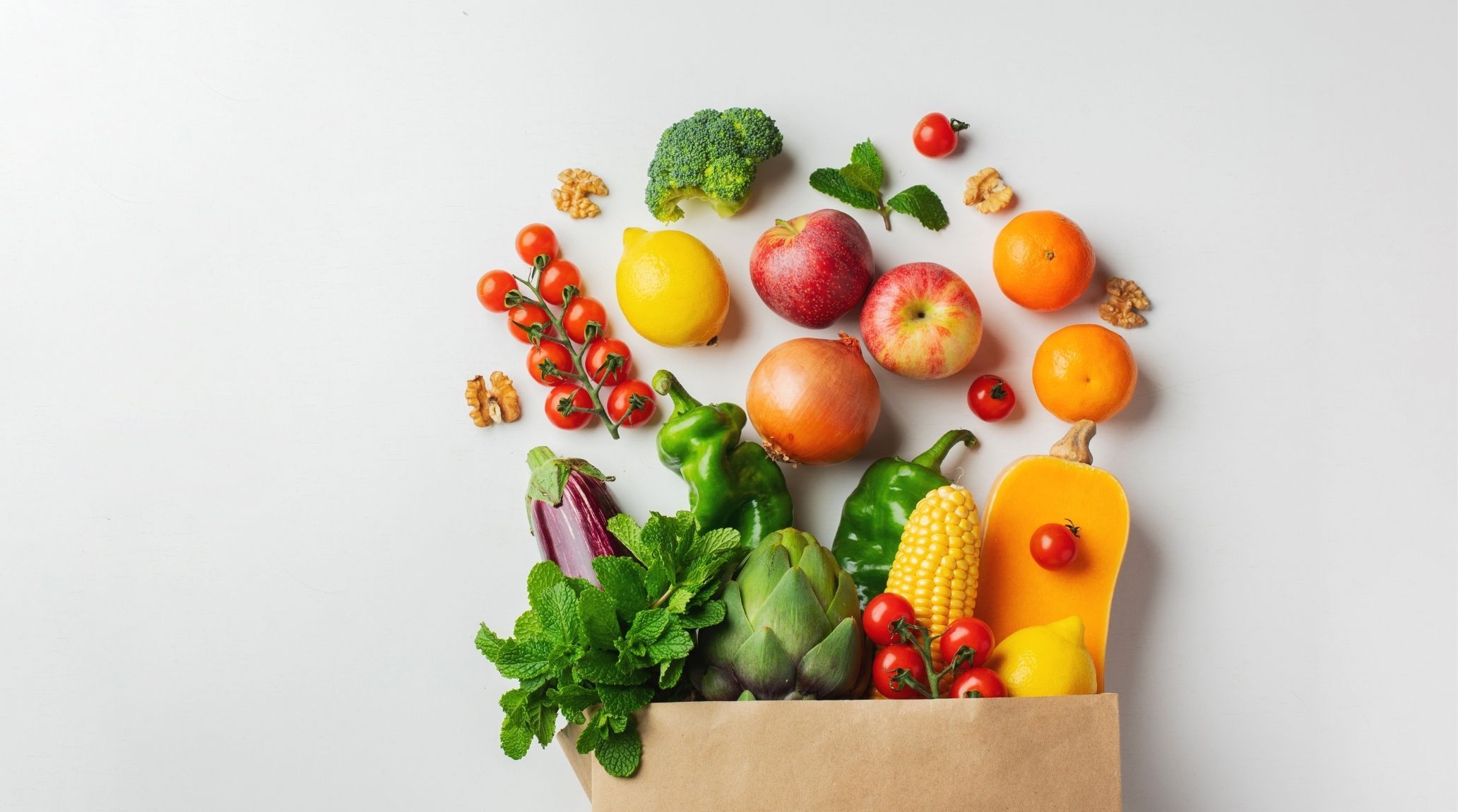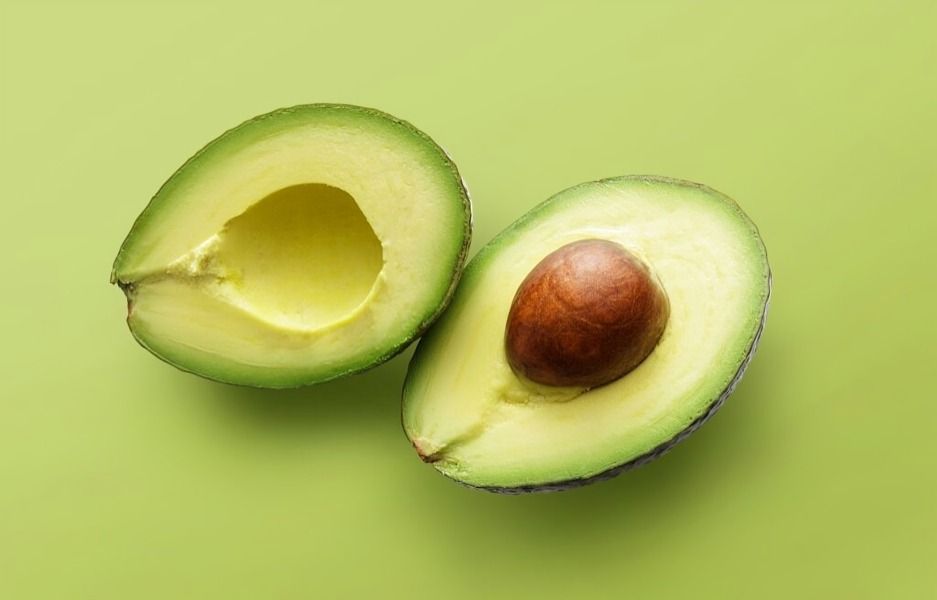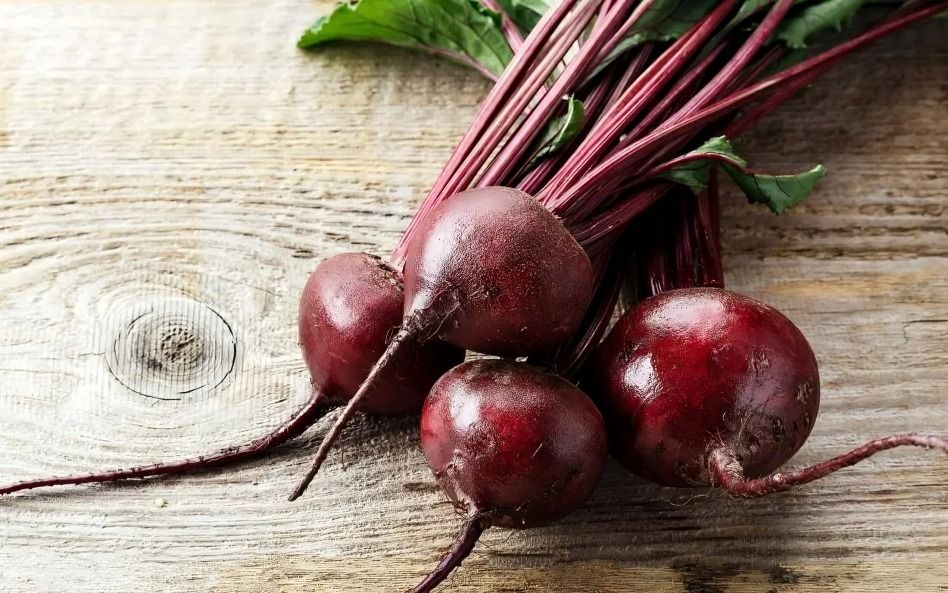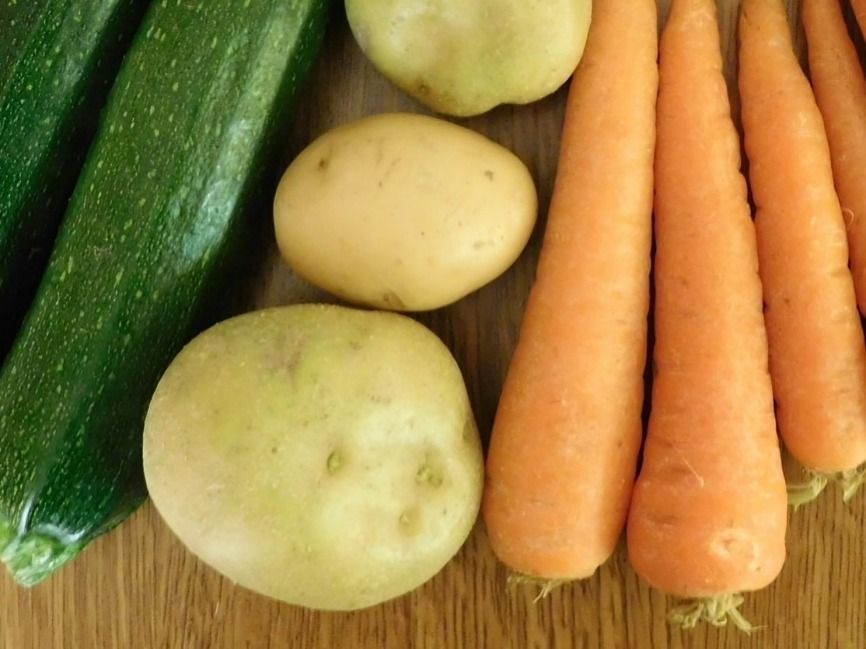
“
A balanced diet is crucial for overall health. Fruits and vegetables provide essential nutrients like vitamins, minerals, and fibre. Aim for at least five portions daily, choosing a variety of colourful options. Berries, leafy greens, and citrus fruits are excellent choices. Remember, balance matters over time! Lets learn how Maintaining a balanced diet of fruits and vegetables is essential for overall well-being.1
1
”
Kiwis, delightful fuzzy fruits, are true nutritional powerhouses. Main sources of vitamin C kiwi are also rich in potassium. The concentration of vitamin C is double that of citrus fruits. 1
Figs are one of the oldest cultivated fruits, with a history dating back thousands of years. Their cultivation predates even wheat and barley, making them a cornerstone of early human diets. Dried figs, in particular, contain approximately 162 mg of calcium per 100 grams, the same as milk. 2

The Wolffia globosa holds the record for the smallest fruit. It's so tiny that it's barely visible to the naked eye and is often compared to a grain of salt. Despite its size, it's a nutritional powerhouse packed with protein and omega-3 fatty acids.
Berries—like blueberries, raspberries, and strawberries—are antioxidant powerhouses. They offer anti-aging benefits, support memory function, and promote urinary tract health. Remarkably, these little fruits are considered diabetes superfoods due to their rich antioxidant content and vitamins.3
Broccoli is a nutritious vegetable rich in fibre, Vitamin C (for immune health), Vitamin K (for bone strength), and Vitamin A. Regular consumption of broccoli may help prevent colon cancer, reduce cataract risk, and lower inflammation, thus benefiting heart health. 4
Potatoes are naturally fat-free, cholesterol-free, and low in sodium. They’re an excellent source of vitamin C, and when eaten with the peel, they provide potassium. Foods rich in potassium and low in sodium, like potatoes, may help reduce the risk of high blood pressure and stroke. 5
Bananas are rich in potassium (around 451 mg per 126 g), which helps regulate blood pressure. They also provide energy (112 calories and 28.8 g of carbs) and support regular bowel movements with 3.28 g of fiber. 6
Botanically classified as fruits because they develop from the flowering part of the plant, tomatoes are often used as vegetables in culinary contexts. They contain potassium, vitamins B and E, and other nutrients.7

The avocado (Persea americana) has the highest calorific value among all fruits in the world, with 163 kilocalories per 100g. It also contains vitamins A, C, and E, along with 2.2% protein.
Jackfruit is the largest tree-borne fruit in the world, often reaching impressive sizes. A single fruit can weigh up to 80 pounds and measure over three feet in length.Jackfruit is a good source of B6, needed for protein metabolism, immune function, neurotransmitter production. 8
Watermelons are the ultimate summer refresher, Composed of 92% water, Their juicy flesh, often enjoyed in slices at picnics and barbecues, provides hydration and a natural sweetness that appeals to both adults and children alike. 9
Ladyfinger, also known as okra, offers several health benefits. It controls blood sugar, improves anaemic conditions, and lowers the risk of heart disease. Including this nutritious vegetable in your diet is a smart choice!10
Rich in the enzyme papain, papayas aid digestion and are prized for their sweet taste and vibrant colour. Often enjoyed fresh or blended into smoothies, papayas offer a tropical twist to everyday meals and snacks. 11
Pomegranates are as beautiful as they are nutritious. Each fruit can contain anywhere from 200 to 1,400 seeds, packed with antioxidants and vitamins that promote heart health and overall well-being. 12
According to the genius world record cucumber (Cucumis sativus) has the lowest calorific value among fruits, providing a mere 16 kilocalories per 100g (73 kilocalories per pound). 13
These tart berries are known for their small air pockets that enable them to bounce, a traditional test for ripeness. Rich in antioxidants and flavour, cranberries are a staple in holiday feasts and health-conscious diets, enjoyed in sauces, juices, and baked goods. 14

Beetroot can be more effective than soup for a hangover cure and can temporarily dye blonde hair red. Rich in betaine, it helps with depression. Beet juice changes color in acidic solutions to pink and in alkaline solutions to yellow.
Eating carrots does not actually improve night vision, despite popular belief. This misconception originated from WWII British propaganda, which falsely claimed carrots enhanced night vision.15
Many vegetables, like kale and tomatoes, contain natural toxins such as alkaloids and oxalic acid, but in small amounts, they're harmless. However, those with kidney stones or gout should limit spinach and asparagus. 16

Peeling vegetables like carrots, potatoes, and cucumbers removes valuable nutrients and fibre, which are often found in the skin or just beneath it.So it's better to eat vegetables unpeeled.


